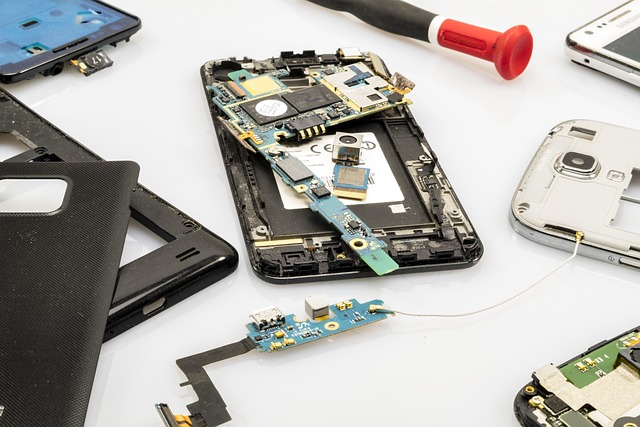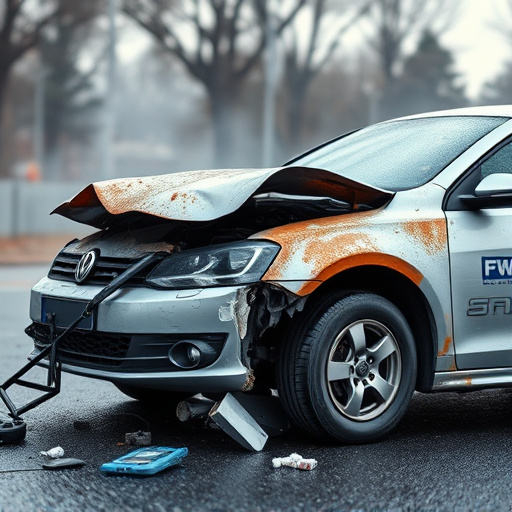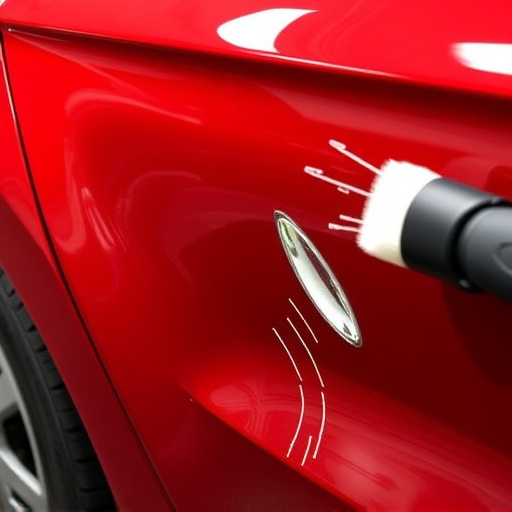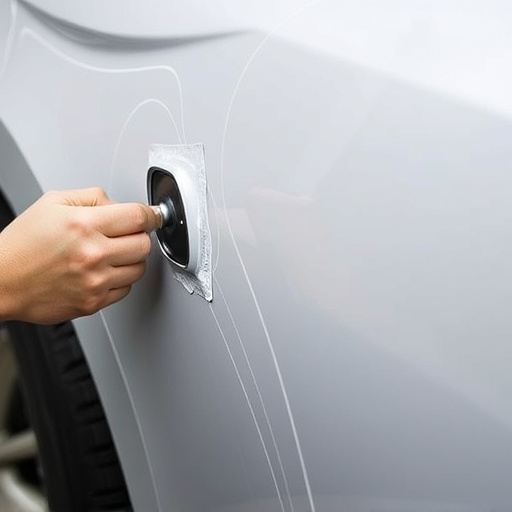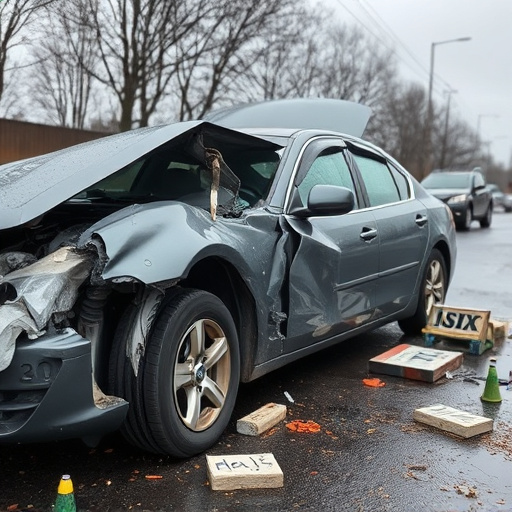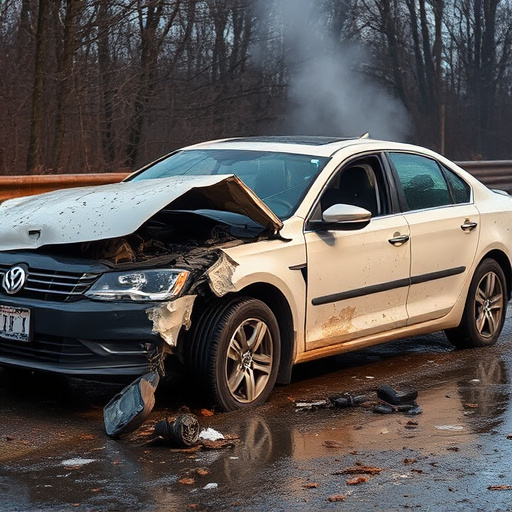Mercedes impact sensor calibration is a precise process that optimizes safety systems by accounting for bodywork variations, environmental conditions, and sensor aging. Accurate calibration ensures effective collision detection, minimizing accident severity through improved airbag deployment and automatic braking. Regular calibration supports seamless integration with collision repair services, maintaining structural integrity and passenger protection.
Mercedes impact sensors play a critical role in pre-crash detection and safety systems. Understanding Mercedes impact sensor calibration is essential for ensuring accurate signal interpretation, which can save lives. This article delves into the intricacies of Mercedes impact sensor calibration, highlighting its significance in pre-crash signal analysis and the vital safety implications of precise sensor performance. Accurate calibration enhances vehicle safety by enabling faster and more effective responses to potential collisions.
- Understanding Mercedes Impact Sensor Calibration
- Pre-Crash Signal Interpretation: A Critical Aspect
- Ensuring Safety: The Role of Accurate Calibration
Understanding Mercedes Impact Sensor Calibration
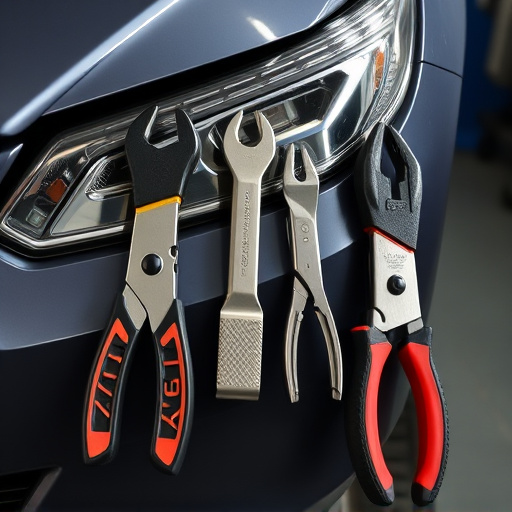
Mercedes impact sensors play a critical role in enhancing vehicle safety by detecting and interpreting pre-crash signals, enabling faster response times to potential accidents. Calibration is a meticulous process that ensures these sensors function optimally. It involves adjusting and fine-tuning the sensor’s readings to accurately reflect real-world conditions, including variations in vehicle bodywork, environmental factors, and sensor aging.
Proper Mercedes impact sensor calibration ensures that the system can distinguish between genuine collision events and false positives, leading to more effective deployment of advanced safety features. This process requires specialized tools and expertise, often involving car paint services and automotive body work professionals who understand the intricate interplay between sensor placement, vehicle dynamics, and structural integrity. By maintaining precise calibration, Mercedes vehicles can provide enhanced protection for occupants, thereby reducing the severity of accidents and saving lives.
Pre-Crash Signal Interpretation: A Critical Aspect

The interpretation of pre-crash signals is a critical aspect of modern vehicle safety systems, especially in cars equipped with advanced Mercedes impact sensors. These sensors play a pivotal role in detecting and analyzing potential collision scenarios, providing crucial data to the vehicle’s safety modules. Accurate signal interpretation ensures that the car’s active safety features respond promptly and effectively, minimizing the impact of accidents.
Proper Mercedes impact sensor calibration is essential to guarantee reliable pre-crash signal processing. Fleet repair services and collision repair centers specializing in such sensors can perform precise adjustments, ensuring the system remains sensitive yet responsive. Regular calibration also accounts for environmental factors and component aging, maintaining optimal performance across various conditions, including differing tire services and road surfaces.
Ensuring Safety: The Role of Accurate Calibration

In the pursuit of unparalleled safety, Mercedes impact sensors play a pivotal role by detecting and interpreting pre-crash signals accurately. However, ensuring these sensors function optimally is paramount to prevent any potential risks on the road. This is where meticulous calibration comes into play. Accurate Mercedes impact sensor calibration guarantees that the system can precisely gauge the severity of a collision, enabling faster response times from advanced driver-assistance systems (ADAS). An improperly calibrated sensor might fail to recognize or misinterpret critical data, leading to suboptimal performance of safety features like airbag deployment and automatic braking.
Regular calibration also facilitates seamless integration with other essential services offered by collision repair centers, such as dent removal and auto glass replacement. By maintaining precise sensor settings, technicians can ensure that the vehicle’s safety systems work in harmony with these repairs, enhancing overall structural integrity and passenger protection. Thus, proper Mercedes impact sensor calibration is not merely a technical necessity but also a crucial aspect of keeping drivers safe on modern roads.
Mercedes impact sensor calibration is a vital process that ensures the safety of drivers and passengers. By accurately interpreting pre-crash signals, these sensors play a crucial role in enabling advanced driver assistance systems (ADAS) to react promptly. Accurate calibration verifies that these signals are correctly analyzed, leading to more effective collision avoidance strategies. Thus, proper Mercedes impact sensor calibration is an indispensable element in the ongoing quest for safer vehicles and reduced traffic accidents.
